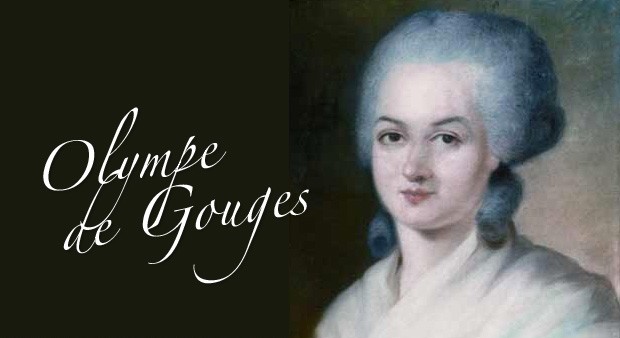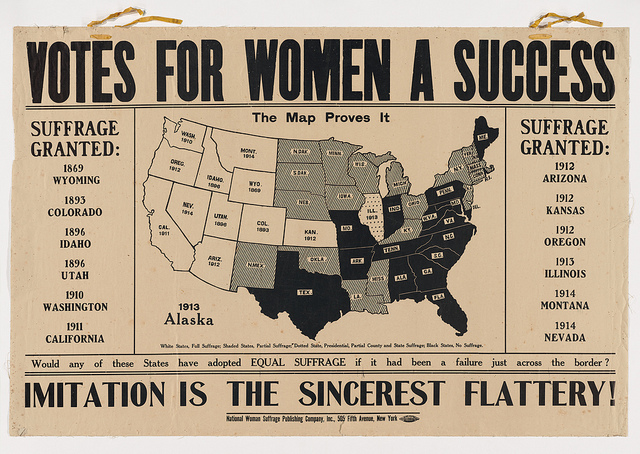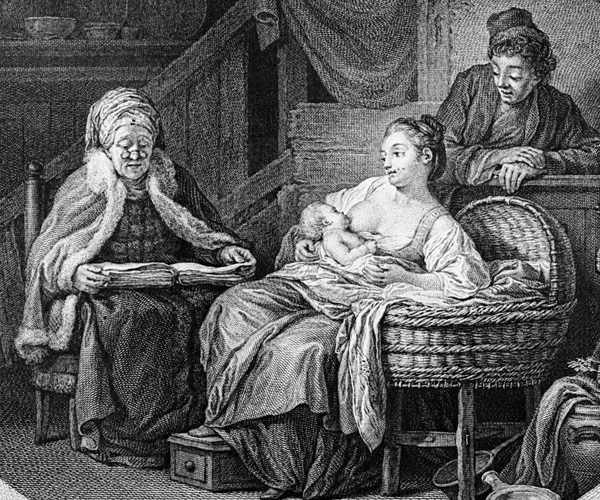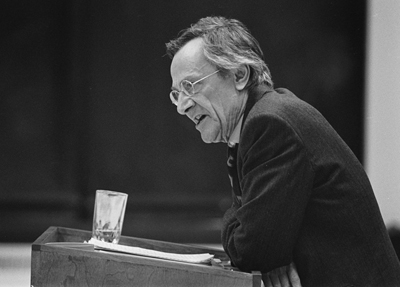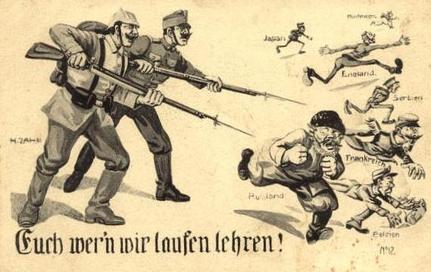Olympe de Gouges’s 1791 declaration of women’s rights
Olympe de Gouges’s first-wave feminism and her The Declaration of the Rights of Woman (1791). The first two items: “1. Woman is born free and remains equal to man in rights. Social distinctions may be based only on common utility. 2. The purpose of all political association is the preservation of the natural and imprescriptible […]
Olympe de Gouges’s 1791 declaration of women’s rights Read More »
